Entry Category: Education
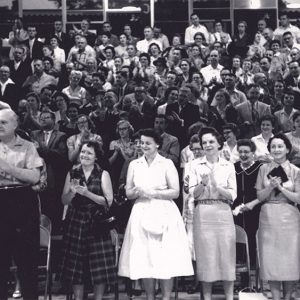 STOP Rally
STOP Rally
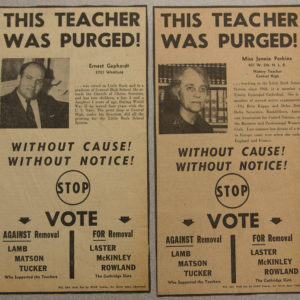 STOP Ads
STOP Ads
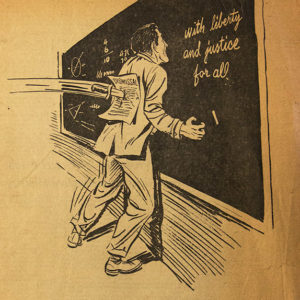 STOP Ad
STOP Ad
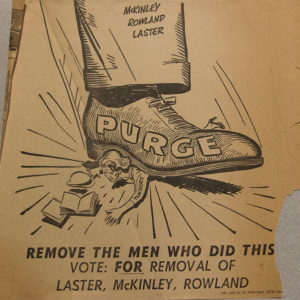 STOP Ad
STOP Ad
Stop This Outrageous Purge (STOP)
Strong, Anna
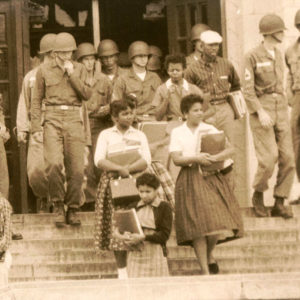 Students and Soldiers
Students and Soldiers
Stuttgart Training School
aka: Stuttgart College
aka: Stuttgart Normal School
Subiaco Abbey and Academy
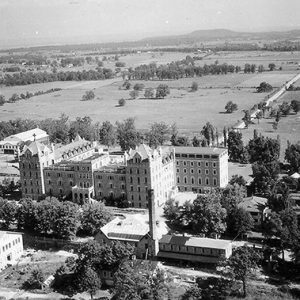 Subiaco Abbey and Academy
Subiaco Abbey and Academy
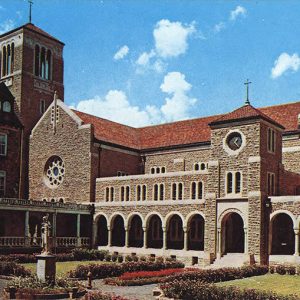 Subiaco Abbey Courtyard
Subiaco Abbey Courtyard
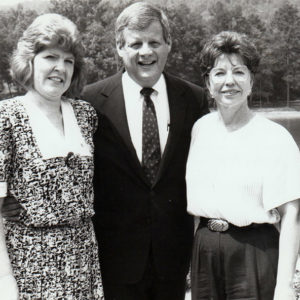 B. Alan Sugg
B. Alan Sugg
Sugg, Barney Alan
Sulphur Rock Male and Female Academy
Sumner, Francis Cecil
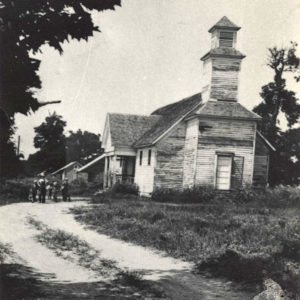 Surrounded Hill School
Surrounded Hill School
Sutherland, Cyrus Arden (Cy)
Sykes, Curtis Henry
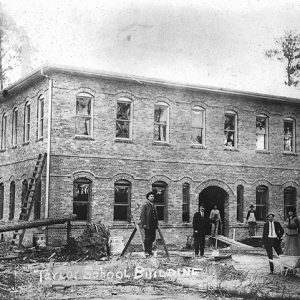 Taylor School
Taylor School
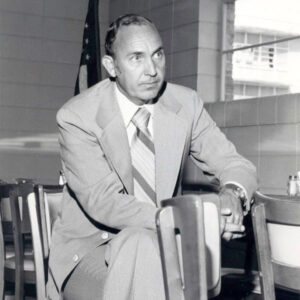 Fred Taylor
Fred Taylor
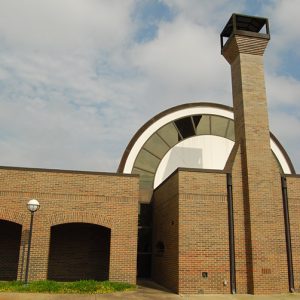 Terry Library
Terry Library
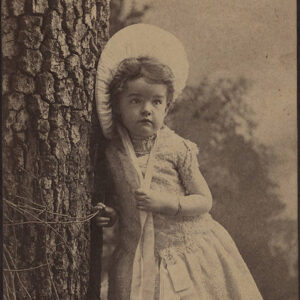 Adolphine Fletcher Terry
Adolphine Fletcher Terry
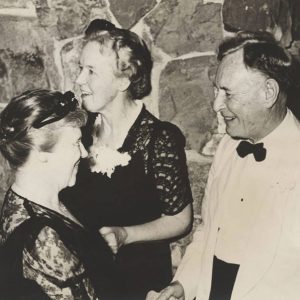 Adolphine and David Terry
Adolphine and David Terry
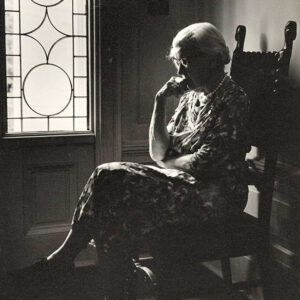 Adolphine Fletcher Terry
Adolphine Fletcher Terry
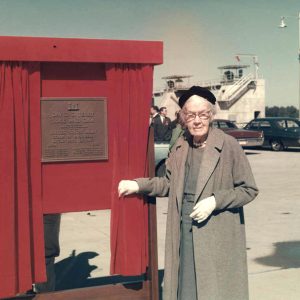 Adolphine Fletcher Terry
Adolphine Fletcher Terry
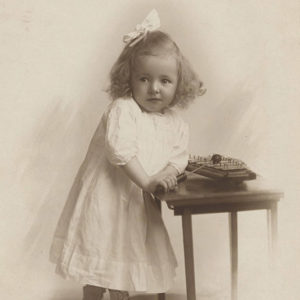 Mary Fletcher Terry
Mary Fletcher Terry
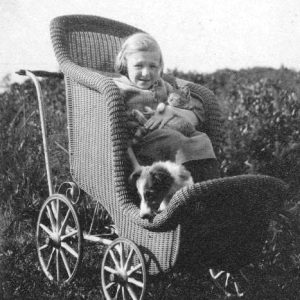 Mary Fletcher Terry
Mary Fletcher Terry
Thebom, Blanche
Thomas, David Yancey
Thomas, Jefferson Allison
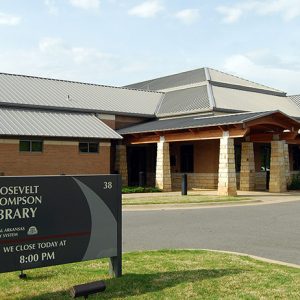 Thompson Library
Thompson Library
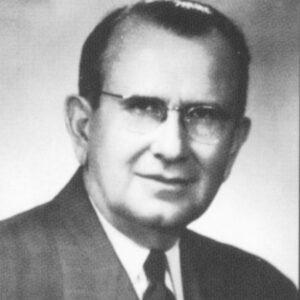 Horace Thompson
Horace Thompson
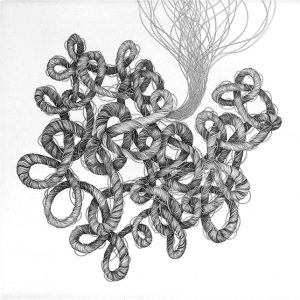 Thought
Thought
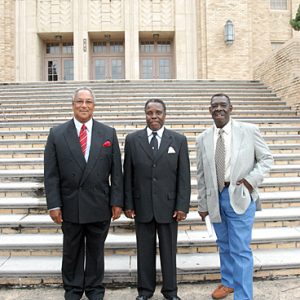 Three of the North Little Rock Six
Three of the North Little Rock Six
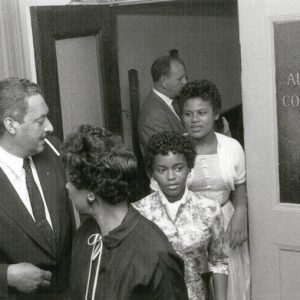 Thurgood Marshall and Central High Students
Thurgood Marshall and Central High Students
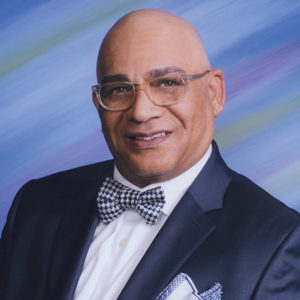 C. Michael Tidwell
C. Michael Tidwell
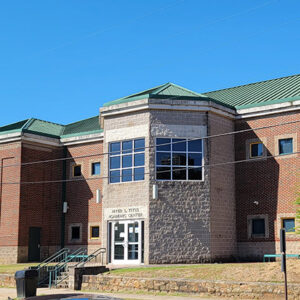 Titus Academic Center
Titus Academic Center
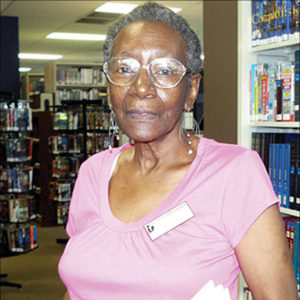 Ethel Tompkins
Ethel Tompkins
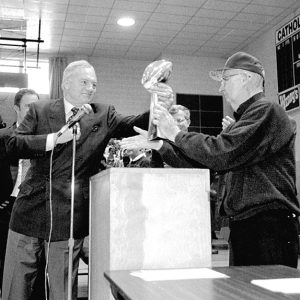 George Tribou Birthday
George Tribou Birthday
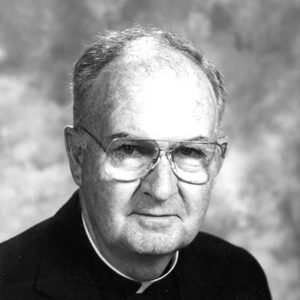 George Tribou
George Tribou
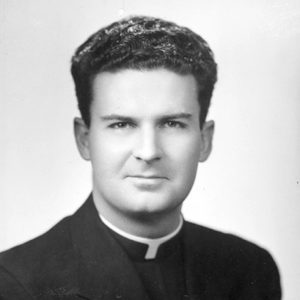 Young George Tribou
Young George Tribou
 George Tribou Funeral
George Tribou Funeral
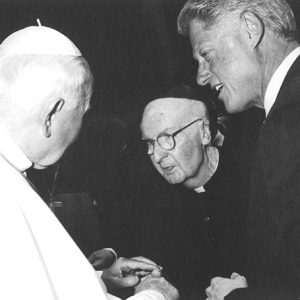 Tribou Meets the Pope
Tribou Meets the Pope
Tribou, George
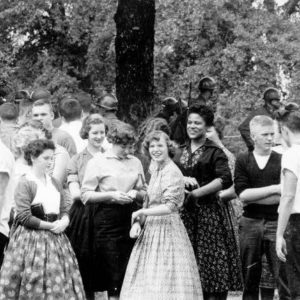 Minnijean Brown with Classmates
Minnijean Brown with Classmates
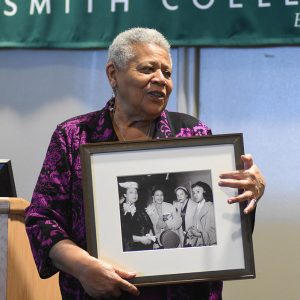 Minnijean Brown Trickey
Minnijean Brown Trickey
Trickey, Minnijean Brown
Tulip Female Collegiate Seminary
aka: Ouachita Conference Female College
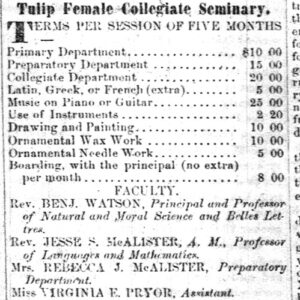 Tulip Female Collegiate Seminary Ad
Tulip Female Collegiate Seminary Ad




